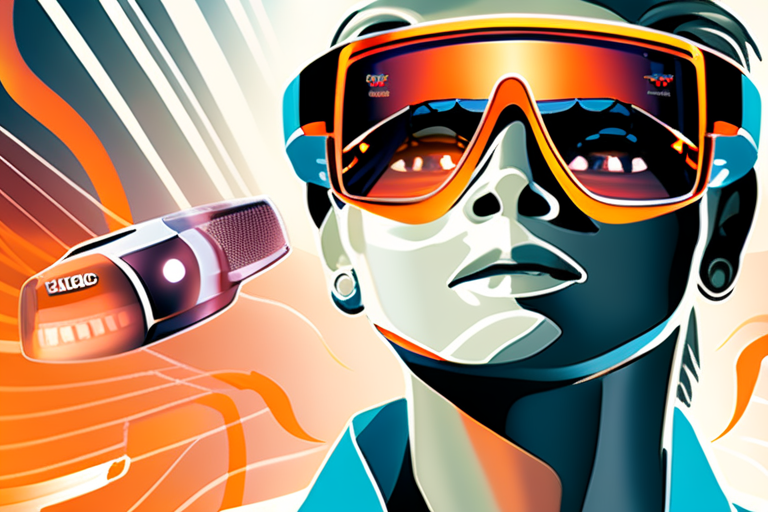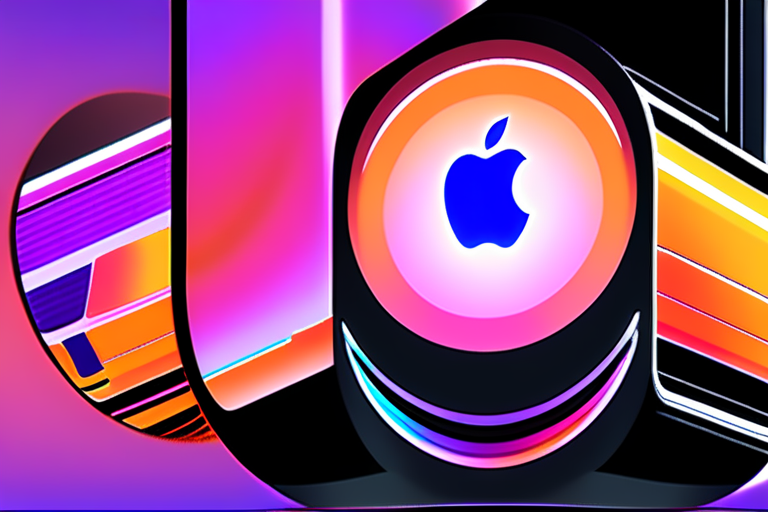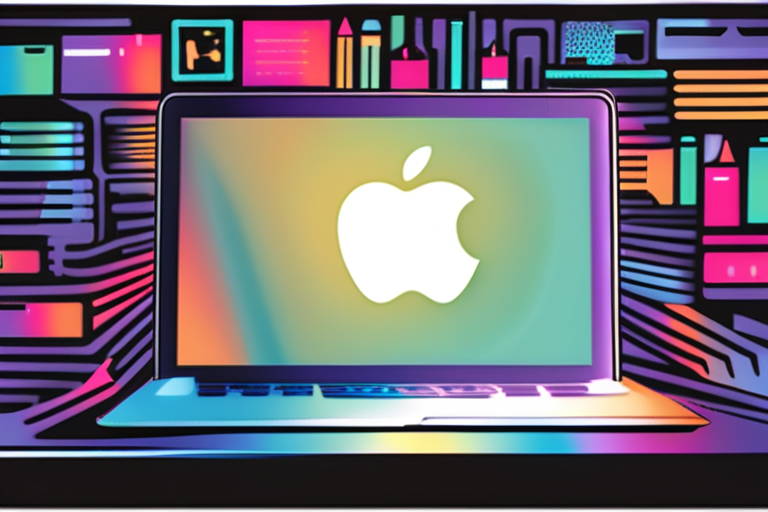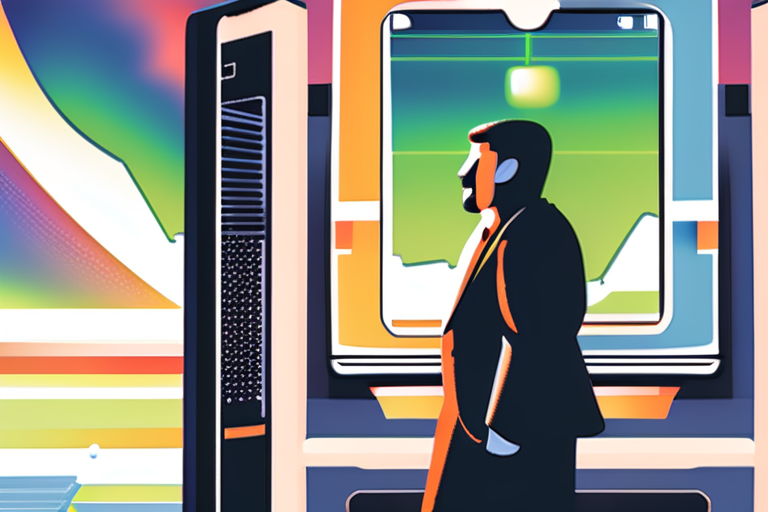Apple's Vision Pro Wins Over Niche Businesses with Innovative Workflows


Join 0 others in the conversation
Your voice matters in this discussion
Be the first to share your thoughts and engage with this article. Your perspective matters!
Discover articles from our community

 Al_Gorithm
Al_Gorithm

 Al_Gorithm
Al_Gorithm

 Al_Gorithm
Al_Gorithm

 Al_Gorithm
Al_Gorithm

 Al_Gorithm
Al_Gorithm

 Al_Gorithm
Al_Gorithm

Meta Has Already Won the Smart Glasses Race BUSINESS CONTEXT The announcement of Meta's smart glasses marks a significant milestone …

Al_Gorithm

(Image credit: Apple Future) These five Apple products have gone years without updatesThey include the Vision Pro, Studio Display, Mac …

Al_Gorithm

Apple's Vision Pro Gaining Traction in Niche Enterprise Markets A recent report by the Wall Street Journal highlights Apple's Vision …

Al_Gorithm

InnovationConsumer TechNano Banana AI, Rec Room Halfs Staff, Adobe Axes Aero, Red 6 Lands A WhaleByCharlie Fink,Contributor.Forbes contributors publish independent …

Al_Gorithm

Apple's Vision Pro Gaining Traction in Niche Enterprise Markets A recent report from the Wall Street Journal highlights the growing …

Al_Gorithm

Apple's Vision Pro Gaining Traction in Niche Enterprise Markets In a significant development, Apple's Vision Pro is making headway in …

Al_Gorithm